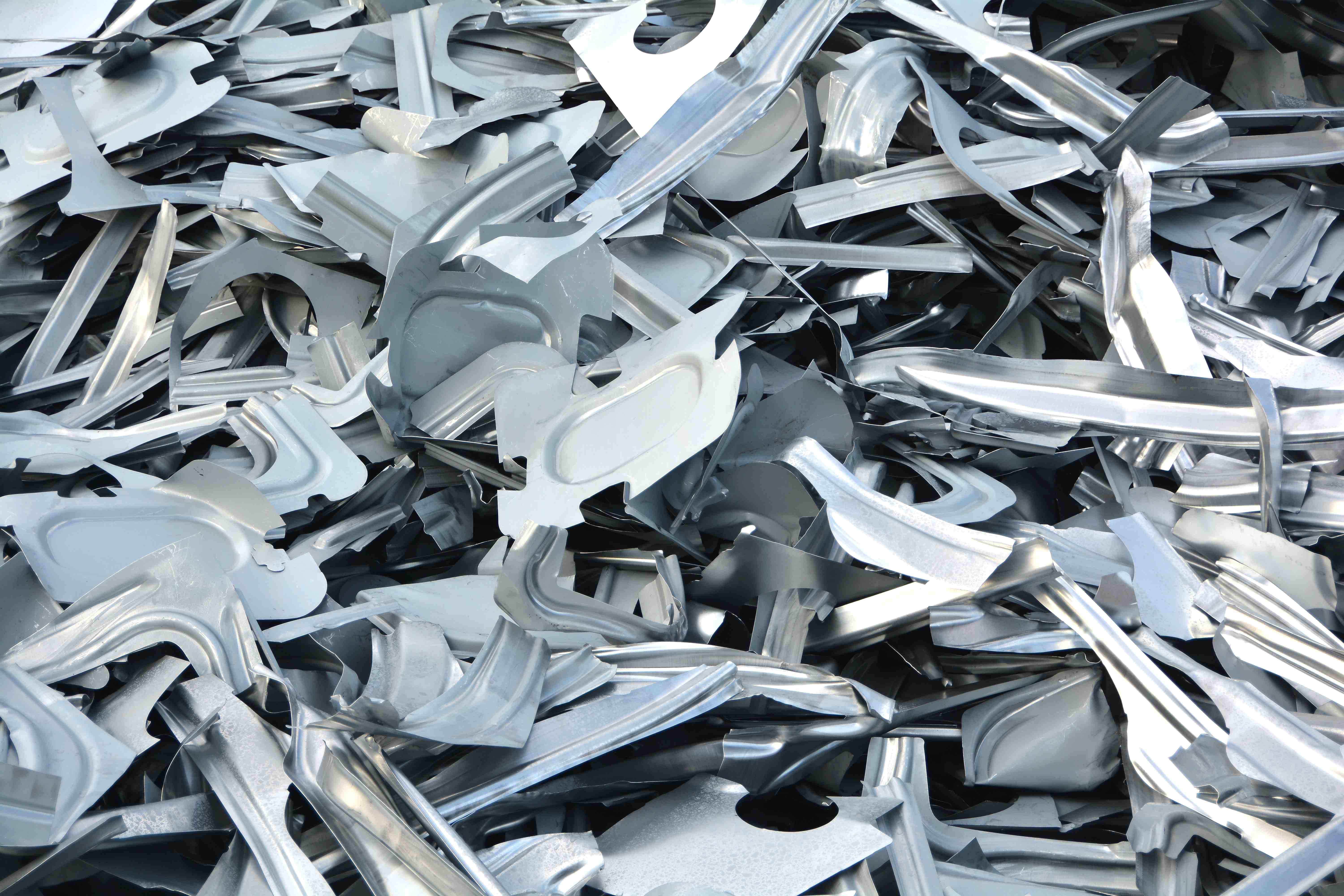
Making waste work
Submitted by:
Sara Waddington
Building sustainability into waste management processes will help metal workshops to survive in challenging times. A sustainable waste management programme can make the difference for sheet metal manufacturers, says Nicola Guest in the April 2024 issue of ISMR.
====
Having spent most of my career around the waste industry, specifically in industrial and commercial metal waste, I am convinced that incorporating sustainability into waste management processes is key to helping metal workshops survive in a challenging economy. In fact, those who do it well are ahead of the game, not only surviving but also seeing significant profits whilst feeling good about improving the planet.
So, what is sustainable waste management? Instead of collecting, transporting and disposing of waste, sustainable waste management incorporates solutions that won’t harm the environment or human health and will reduce the consumption of precious natural resources.
Sustainable waste management revolves around a hierarchy, a practical guide for managing waste sustainably, prioritising waste management options from the most preferable (prevention) to the least preferable (disposal) in this order:
- Reduce the initial amount of waste generated.
- Re-use where possible.
- Recycle what can’t be re-used.
- Sell what can be sold.
- Only then, dispose of what’s left.
Counting the benefits
Imagine a business process/cycle where there is zero waste. When everything is reused, repaired or recycled, this is known as a circular economy. It’s a radical departure from the linear “take, make, waste” model.
It is not without challenges but today’s environment, where (for example) the UK generated some 40.4 million tonnes of commercial and industrial (C&I) waste in 2020, demands more. Companies need to be proactive and innovative in moving towards net zero waste.
Whether analysing waste streams, reducing carbon emissions or improving air and water quality, sustainable waste management has incredible environmental, economic and social benefits.
Current landscape
Workshops in today’s sheet metal industry focus on sustainability in varying degrees. Today’s plants tend to incorporate more automation, which is timely considering the current shortage of highly qualified labourers. The use of robotics and the latest technology reduces energy consumption.
Still, in many cases, the scrap metal heap continues to grow, creating environmental consequences. Not only is there a growing mound of metal from machinery that’s reached its end-of-life, but waste disposal improvement methods are not keeping pace with innovation in other areas.
Additionally, there is enormous misinformation regarding the value of the scrap pile. Even with the technology available today, some companies are unaware of the grade of materials they use and of which they need to dispose—which means they are being cheated as shrewd thieves take advantage.
Metal theft was the single largest threat to the UK’s infrastructure and transport systems between 2009 and 2013, a fact which led to Operation Tornado and the 2013 Scrap Metal Dealers Act (SMDA) in the UK.
Waste Mission helped to lead the charge in formalising this licensing mandate for scrap metal dealers, consulting with the British Transport Police and partnering with industry leaders to bring about much-needed changes.
Unfortunately, even ten years after the legislation’s introduction, metal owners still need to be protected due to a lack of enforcement plans. Unscrupulous and unregistered dealers continue to operate with impunity and many companies may be unaware of the value of the metal that they hold in their hands.
Today, as metal theft incidents spiral out of control, we remain committed to working alongside industries and manufacturers to tackle the surge in thefts.
The ‘2024 Tackling Metal Theft Report’ offers a solid overview of the problem and addresses how industries and manufacturers can play a major part in helping to prevent scrap metal theft.
Changing the game
So, how can the focus be shifted to highlight sustainable steps throughout the production process? In the ever-evolving sheet metal industry, sustainability is part of any good strategic plan.
To read the rest of this article in the April 2024 issue of ISMR, please see https://joom.ag/J6Zd/p50
